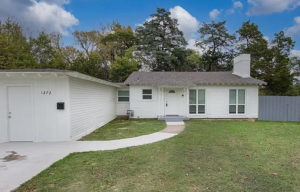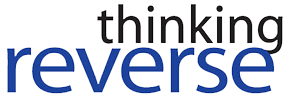
Are you familiar with reverse mortgages? If you hear about it and its benefits, you might think that the offer is too good to be true.
A reverse mortgage is a type of home equity loan designed for people 62 years or older, and it won’t require monthly repayments. The homeowner still has to settle homeowner’s insurance, property taxes, and other expenses toward home maintenance. Reverse mortgages are excellent for homeowners who want to fund their retirement for maximum comfort.
At first glance, it might seem that a reverse mortgage won’t need a form of repayment. But that’s not true. This article will answer the question for you. How is a reverse mortgage paid if there is no monthly payment? Continue reading to find out.
How Reverse Mortgages Work
A reverse mortgage is different from other home loan products because you don’t have to pay every month until you clear your debt. With reverse mortgages, what you have to look into is loan maturity.
Loan maturity is triggered once you opt to permanently leave your home, sell your house, or transfer the title to another person. If you leave your home for more than 12 months, whether because you will be moving to a nursing home, traveling, or moving into a family member’s house, it will also be considered loan maturity. Loan maturity might also be triggered the moment you default on the loan terms.
At the moment of loan maturity, your mortgage loan will be due and payable immediately.
How to Pay Off a Reverse Mortgage
If you want to repay your reverse mortgage, the easiest step you can take is to sell your home. You can use the proceeds from the sale to pay the reverse mortgage in full. Should there be an excess amount after the sale, you or your heirs can receive any remaining equity.
On the other hand, if the loan balance is larger than what the home was sold for, you can take advantage of Home Equity Conversion Mortgage (HECM) if you are able to get one. A HECM reverse mortgage allows you the added protection of being only responsible for the total amount your home sells for. As it is backed by the Federal Housing Administration (FHA), the FHA will cover the remaining balance you don’t have funds for.
And what if you don’t want to sell the home? There are alternatives you can consider if you’re going to keep the house. For instance, you can refinance the reverse mortgage loan and convert it into a traditional mortgage. Also, you can make use of personal funds and savings to cover the repayment. If there are no funds available, your qualified heirs may also take out the reverse mortgage.
Contact Your Reverse Mortgage Expert in Dallas
For seniors looking to help fund their retirement, a reverse mortgage is one of the best solutions to try. Now that you know the different options to repay this type of loan, you can rest assured that you have many different choices, and you can plan out what repayment strategy you will use as early as today. If you are looking for the best reverse mortgage loan in Texas, talk to us at the Michael Harrell Group. As part of Nationwide Equities, our financial experts are committed to helping seniors like you find the best loan programs and financial solutions for your needs. Please give us a call today at (214) 269-3593 to schedule your reverse mortgage refinance evaluation.






